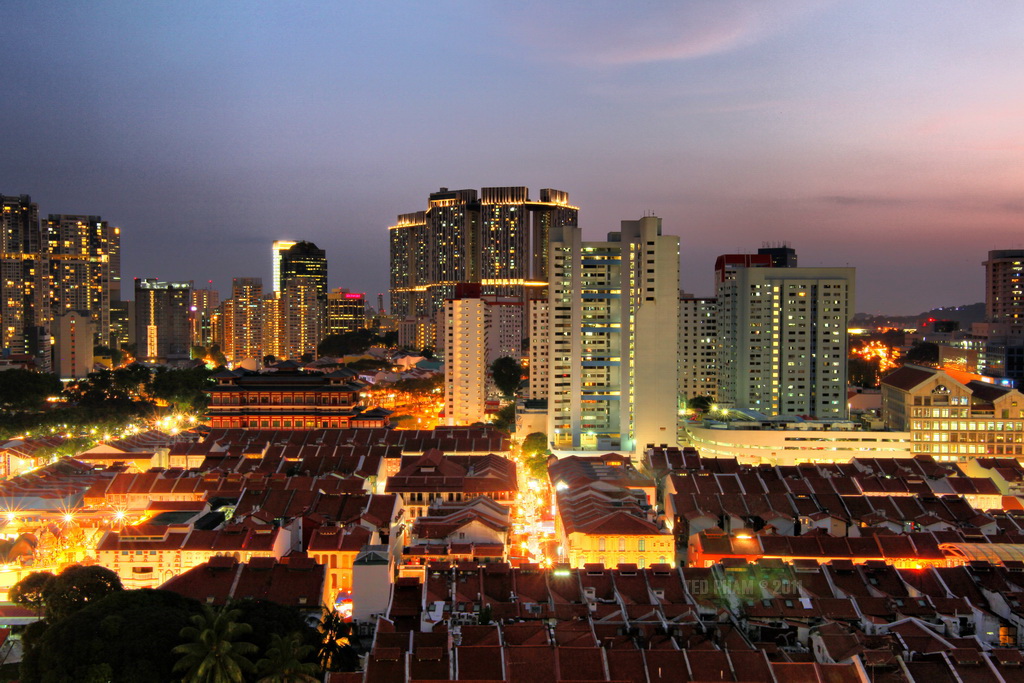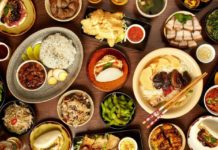Singapore is a unique melting pot of cultures, with influences from various ethnic groups including Malay, Chinese, Indian, and others. The culture of Singapore is often described as a harmonious blend of traditions, customs, and values from these diverse communities. Here are some key aspects of Singaporean culture:
- Multiculturalism: Singapore is known for its multiculturalism, where people of different ethnicities, religions, and languages live together harmoniously. This is reflected in various aspects of daily life, including food, festivals, and traditions. Singaporeans celebrate a diverse range of cultural festivals such as Chinese New Year, Hari Raya Puasa (Muslim festival), Deepavali (Hindu festival), and Christmas, among others.
- Food Culture: Food is an integral part of Singaporean culture, and the local cuisine is a blend of flavors and cooking styles from different cultures. Hawker centers, which are open-air food courts, are popular gathering places for locals to enjoy affordable and delicious street food. Signature dishes such as Hainanese Chicken Rice, Char Kway Teow, Laksa, and Roti Prata are beloved by Singaporeans and visitors alike.
- Respect for Law and Order: Singapore is known for its strict laws and regulations, and Singaporeans generally have a strong respect for law and order. The country is known for its cleanliness, safety, and efficiency, which are reflected in the daily habits and behavior of its people. Chewing gum, for example, is banned in Singapore, and there are strict rules against littering, jaywalking, and other forms of anti-social behavior.
- Education and Work Ethic: Education is highly valued in Singaporean culture, and there is a strong emphasis on academic excellence. The country has a rigorous education system, and Singaporean students often face intense competition to achieve good grades. Hard work, perseverance, and a strong work ethic are highly regarded in Singaporean society, and there is a culture of striving for success and excellence in both education and career.
- Respect for Elders: In Singaporean culture, respect for elders is considered important. Filial piety, or the reverence and obedience shown towards parents and grandparents, is a Confucian value that is deeply ingrained in Singaporean society. Taking care of elderly family members and showing deference to older individuals is considered a virtue.
- National Identity: Despite the diverse mix of cultures, Singaporeans have a strong sense of national identity. The government actively promotes a sense of patriotism and loyalty to the nation, and there are various national symbols and campaigns that foster a sense of unity among Singaporeans. National service, where male Singaporeans are required to serve in the military, is also seen as a rite of passage and a way to instill a sense of duty and loyalty to the country.
- Social Etiquette: Social etiquette is an important aspect of Singaporean culture. There are certain social norms and customs that are expected to be followed, such as respecting personal space, using appropriate greetings and titles, and avoiding sensitive topics such as race, religion, and politics in conversations. Gift-giving, especially during festivals and special occasions, is also a common practice in Singaporean culture.
- Harmony and Tolerance: Singaporeans place a high value on social harmony and tolerance. The country has a strong policy of racial and religious harmony, and there are strict laws against hate speech, discrimination, and religious intolerance. Singaporeans are encouraged to embrace diversity and to be understanding and accepting of different cultures, religions, and lifestyles.
These are some of the key aspects of Singaporean culture, which is a unique blend of diverse traditions, customs, and values that have evolved over the years. Singaporeans take pride in their multicultural heritage and strive to maintain a harmonious




